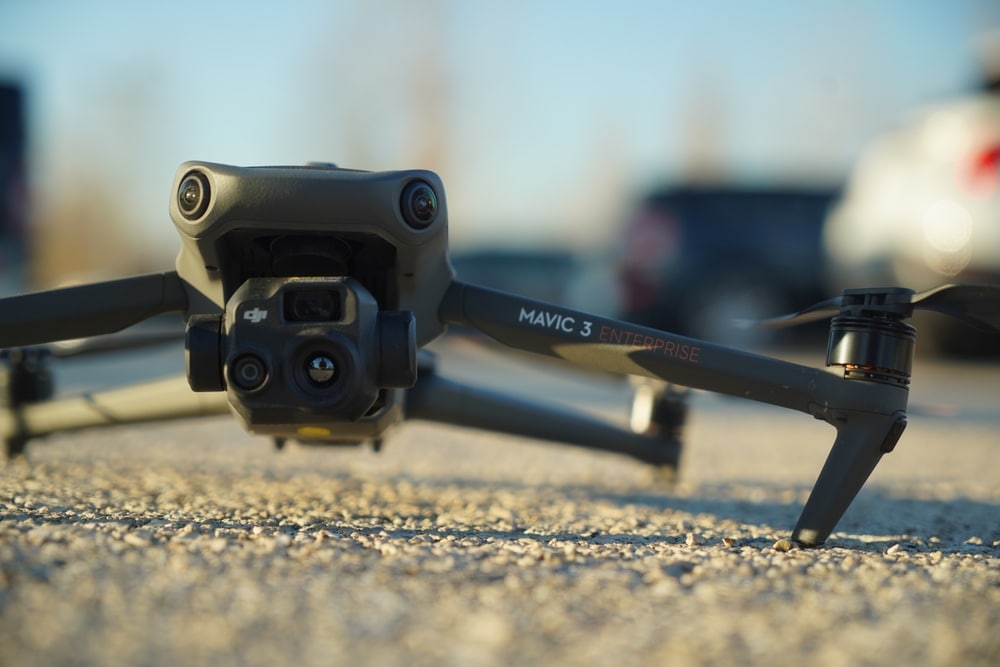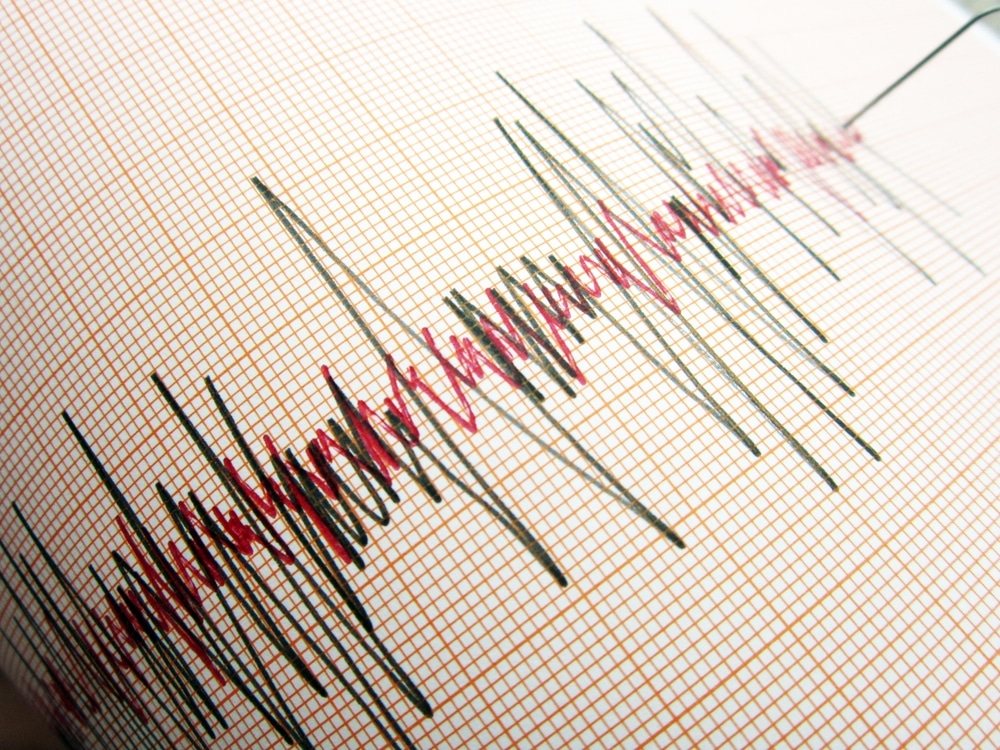A revolutionary procedure could make donor organs available for more patients — regardless of their blood type. Researchers from the University Health Network in Toronto have proven that it’s possible to convert the blood type of an organ, creating a universal organ that would avoid rejection during transplants.
The procedure, conducted at the Latner Thoracic Surgery Research Laboratories and UHN’s Ajmera Transplant Centre, changed the lungs from a donor with type A blood into an organ with type O blood. Scientists consider type O the universal donor type. The breakthrough may significantly cut down on the disparity in organ transplant availability and shorten transplant waiting lists worldwide.
“With the current matching system, wait times can be considerably longer for patients who need a transplant depending on their blood type,” explains senior author Dr. Marcelo Cypel, Surgical Director of the Ajmera Transplant Centre, in a media release. “Having universal organs means we could eliminate the blood-matching barrier and prioritize patients by medical urgency, saving more lives and wasting less organs,” adds Dr. Cypel, who is also a thoracic surgeon at UHN’s Sprott Department of Surgery.
According to the press release, “With the current matching system, wait times can be considerably longer for patients who need a transplant depending on their blood type,” explains Dr. Marcelo Cypel, Surgical Director of the Ajmera Transplant Centre and the senior author of the study.
“Having universal organs means we could eliminate the blood-matching barrier and prioritize patients by medical urgency, saving more lives and wasting less organs,” adds Dr. Cypel, who is also a thoracic surgeon at UHN’s Sprott Department of Surgery, a Professor in the Department of Surgery at the University of Toronto and the Canada Research Chair in Lung Transplantation.
Blood type is determined by the presence of antigens on the surface of red blood cells — type A blood has the A antigen; B has the B antigen; AB blood has both antigens; and O has none. Antigens can trigger an immune response if they are foreign to our bodies. That is why for blood transfusions we can only receive blood from donors with the same blood type as ours, or universal type O.
Likewise, antigens A and B are present on the surfaces of blood vessels in the body, including vessels in solid organs. If someone who is type O (meaning they have anti-A and anti-B antibodies in their bloodstream) received an organ from a type A donor, for example, the organ in all likelihood would be rejected. Consequently, donor organs are matched to potential recipients in the waitlist based on blood type, among other criteria.

















